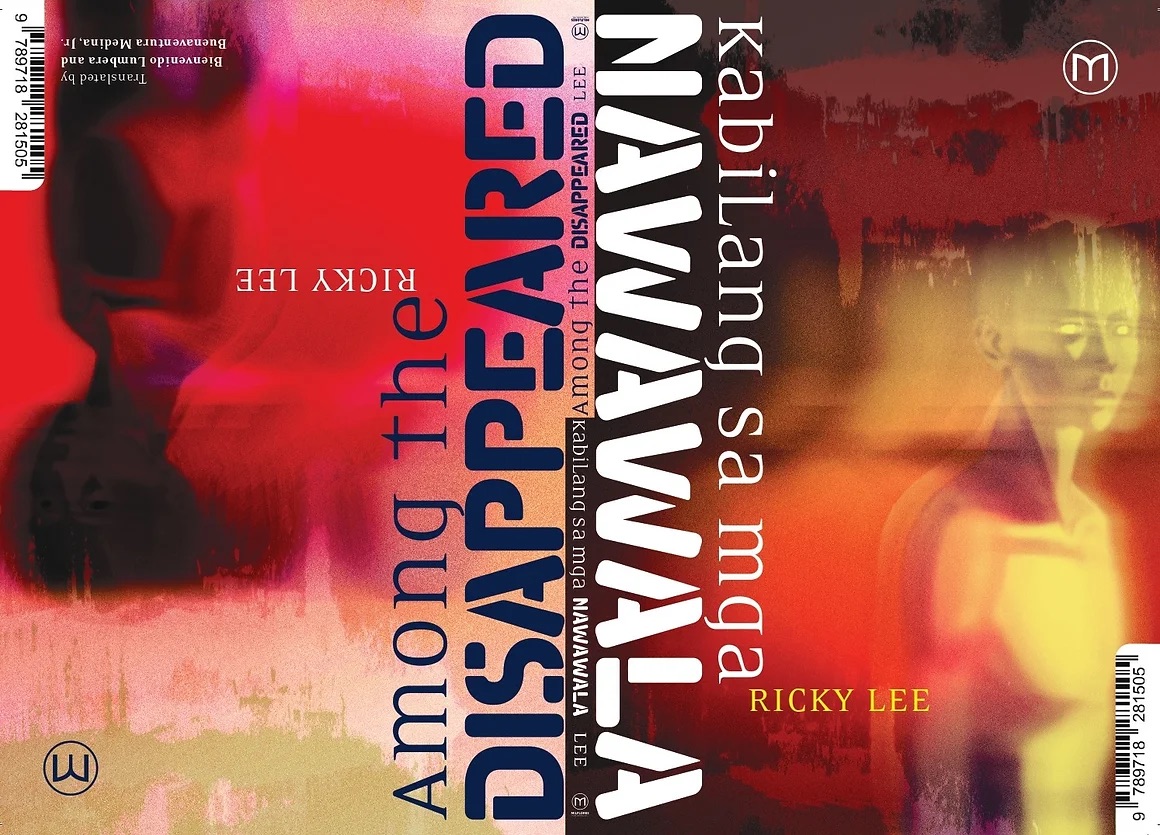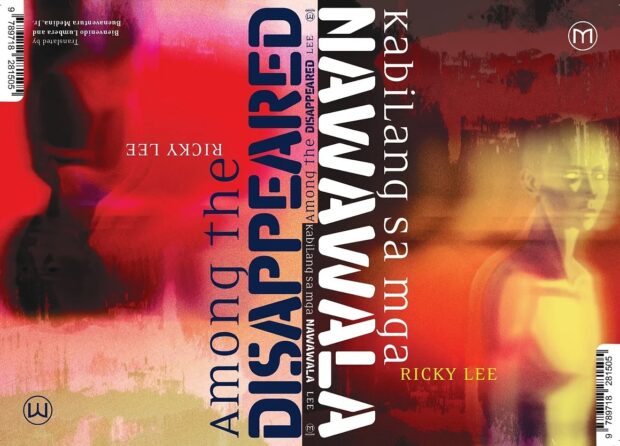
I was 19 when I watched my first opera, “La Sonnambula,” at the Vienna Opera House.
“La Sonnambula” is one of those operas composed for bel canto, which by its literal translation, “beautiful singing,” is really an understatement. In fact it was composed by Vincenzo Bellini with a mature soprano in mind, one capable of what the opera commentator Thomas Smillie calls “vocal fireworks.” He notes that “one aria runs uninterrupted for 36 bars,” a challenge in, for one thing, “mastering breath control.”
I don’t even recall who the opera stars were that night, but, when I hear recordings of their eminences Maria Callas and Joan Sutherland, singled out precisely for bel canto, I’d say they came close.
In Vienna, I sensed, for all my inexperience and ignorance, that going to the opera was the thing to do, and Mom was especially nice to indulge me. She put off her own precisely planned ritual of dyeing the roots of her knee-length hair and, while waiting for the dye to take effect, of soaking in a luxurious bubble bath perfumed with fancy hotel toiletries.
Understandably she was quite puzzled, if not upset, with me when the very first note was sung by the yet unseen diva from behind the curtains, and tears started down my face, indeed never to stop until the opera was over.
“What’s wrong with you?” Mom asked. “You wanted so much to come here and you’re just crying and crying.”
I myself couldn’t understand it, although the grandeur of the opera house had already taken my breath away even before any bel canto tones were produced inside it. To my virgin ears, they were just out of this world, too perfect to be human, I thought, and thus pronounced it divine— human divinity revealed through art. That should explain my tears.
The 18th-century poet Joseph Addison captures the sentiment in his “Song for St. Cecilia’s Day”:
Music, the greatest good that mortals know,
And all of heaven we have below…
Addison, an essayist, too, further explains, in prose, the feeling when one witnesses human perfection: “The body and soul are seen as distinct, though influential on each other. The soul might have the capacity to take in the ‘world’ or the ‘atom’ if it weren’t for the body’s limitations getting in the way. Perfection might come from the body’s decreased influence on the soul or, more interestingly, as the finer fusion of body and soul.”
I was brought back to my first opera, which had led me to love and revere all things classical, when I heard an aria from “La Sonnambula” in “An Evening of Bel Canto,” last month, at the Ayala Museum, featuring our own superb tenor, Arthur Espiritu, with three young Filipino soprano talents—Elaine Vibal, Myramae Meneses and Stephanie Aguilar—all accompanied by Najib Ismail, who himself received as much applause as the singers.
My husband and I, at first hearing, a couple of years ago, had become determined to catch Arthur Espiritu’s home performances—mostly he has been performing in Europe, but, with a new baby, he has decided to stay put for a while. He, too, moistens my eyes.
Shedding tears
Indeed, I seem to have become a crybaby even more in my senior years, and not just watching opera and other musical performances, but also reading, or rereading, books. And as it happens, E.B. White, whom my husband and I absolutely adore and on whose account I must have shed similar tears as well, has himself something to say about such precise tear-inspiring occasions. In his book with his teacher Will Strunk, “Elements of Style,” he says: “Who can confidently say what ignites a certain combination of words, causing them to explode in the mind? Who knows why certain notes in music are capable of stirring the listener deeply, though the same notes slightly rearranged are impotent?”
But about feeling more stirred at this age, I can only say it’s all part of the mystery of life, nay, all part of the human being himself, and that becomes no clearer to a senior like me whose tears, once reserved for the tragedies of life, now also flow from awe, happiness and gratitude for a glimpse of perfection.
Something about classical music in particular breaks the dam of happy tears in my old age. It has to do, I think, with realizing that wonders never cease and, as for myself, having lived this long, with having become increasingly sensible to moments of perfection, moments of heaven here on earth, a sneak preview perhaps of what’s to come from a loving God.
Thanks to artists here on earth, all we have to do to enjoy life is, as the wisest of men say, to simply show up.












































